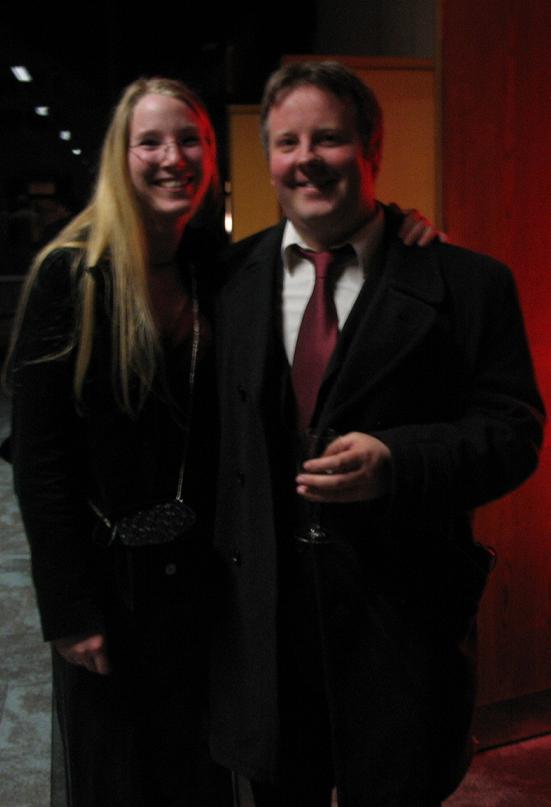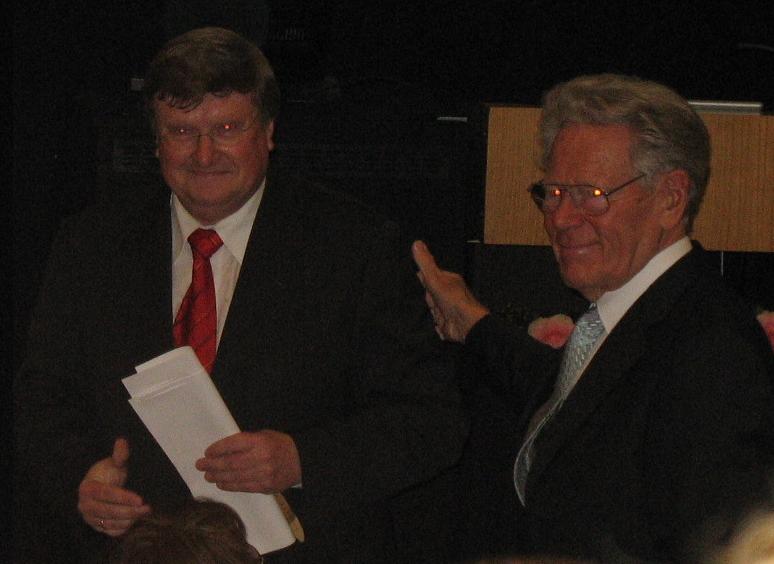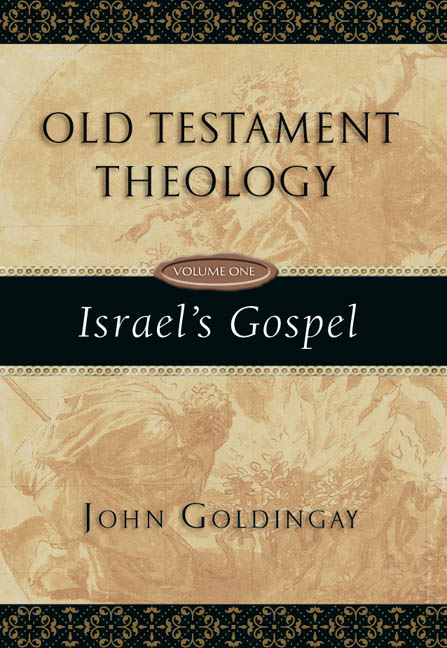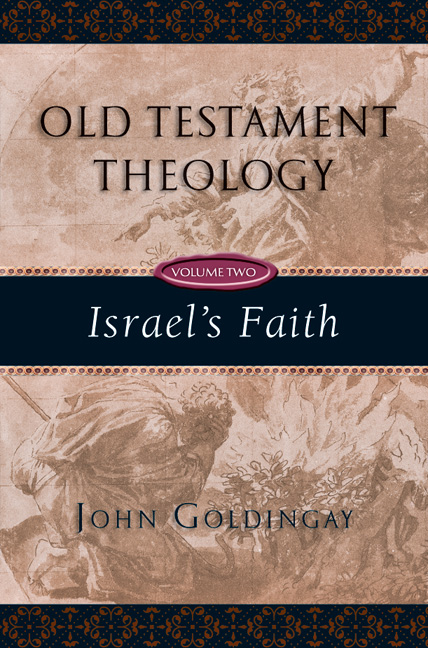
My thanks to Hendrickson for a review copy of:
Mikeal C. Parsons, Luke: Storyteller, Interpreter, Evangelist (Peabody, Mass.: Hendrickson, 2007)
and to Luke Welch, of the University of Tübingen, for the following review.
(the Hendrickson webpage also has, for your inspection, pdf files of the Table of contents, a Sample Chapter and the Introduction)
---------------------
Parsons begins by admitting that this is not a commentary on the Gospel or a monograph or, I would add, even a classical introduction to the Gospel of Luke but instead a series of penetrating inquiries into a few topics. The study incorporates much previously published material ranging from 1997 to 2006.
The introduction offers the description of Luke the Evangelist from Eusebius, outlines the proomia in Luke and Acts, and accepts that Luke-Acts stem from the same author. He then discusses the ethnicity of Luke and his hometown, and ultimately leans toward Luke's Jewish identity and Antioch as his hometown although he leaves the question open.
The discussion of Luke's hometown as Antiochene is a bit confusing at first sight. It is assumed that when someone is from Antioch, they are not Jewish. He cites the mention of Jews in Antioch by Josephus, but this is sandwiched between a statement about the possibility of Jews being "Antiochenes" and the lack of archeological evidence for Jews in Antioch. A similar problem presents itself from Josephus. He takes a wife from Crete, where the presence of Jews is poorly documented, but there she was specifically labeled Jewish. This chapter on the background issues will have to be supplemented in seminary classrooms. Here could have be mentioned the possibility that Luke came from Philippi (Pilhofer). He also fails to mention E. E. Ellis who argues most persuasively that Luke was Jewish and is in fact the same person mentioned in Colossians.
I will concentrate most of my comments on Chapter 2. He begins by citing opinions about the style, conciseness and clarity of the Gospel in both the ancient world and the middle Ages. The possibility is not raised whether these statements could reflect the awareness of rhetoric among the church fathers because they themselves were so educated and were simply describing Luke in these categories. Parsons cites the famous statement of Kennedy to the effect that even the Gospels are molded by the thinking of the progymnasmata, which launches his comparison of some of these exercises with aspects in the Gospel of Luke.
The speeches in Acts are then raised as the proof that Luke was familiar with the progymnasmata. There is a very useful chart outlining the Progymnasmata per subject on page 20. In outlining just a few examples where Parsons thinks Luke shows familiarity with the rhetorical conventions, he focuses on chreia, fable and narrative (he does not at all claim any kind of direct literary dependence on Aelius Theon of Alexandria 19, which is to be applauded). The objections will become clear.
The chreia is "a brief assertion or an action revealing shrewdness" (20) and Parsons cites Vernon Robbins on the use of chreia in Luke 11:1-3, but admits differences between the progymnasmata and Luke. This is then justified through the fact that "there was no compulsion for writers to follow the exercises slavishly" (21) but the question is then begged how much deviation from the handbooks serves as evidence against knowledge of them. One morsel in this direction is hinted at by Parsons, on page 21 he says the audience "would have easily understood" the rhetorical subtleties, but on 19 he admits the possibility that "rhetoric (was) in the air" and that "the audience knew how to respond appropriately (in unconsciously)." I understand this to be a sign of the difficulty in rhetorical studies to claim conscious use and understanding of rhetorical devices. This is by no means a knockout punch to rhetorical studies, at the very least they could be useful for a heuristic comparison. The methodological issues must be further defined and discussed.
In the discussion of Chreia, it is not mentioned what is actually done with them. They are scrutinized and there is a whole sequence for a writing exercise on a famous Chreia (Apth 2,23 pages 98-99 in Kennedy). I simply raise the question, why is there recourse to the progymnasmata, where the exercises, for taking an existing Chreia and paraphrasing it, showing the cause and contrary, comparing it and finding an example, seem foreign to the Gospel material? In elementary education, students copied and ruminated upon Chreia and maxims, they were even enjoyed in adulthood.
Fables are then brought to bear on the difficult passage in Luke 16. I am not fully convinced that more than one conclusion or interpretation as viewed from the Progymnasmata is the only solution, but it nonetheless sheds light on this passage.
On Narrative some of the observations of Parsons are acute and enlightening, but it must be asked, is not clarity a principle already evident in Aristotle, and Plausibility or including the reason or cause for an action already a well established principle of Geschichtschreibung since Polybius?
Some of the other exercises are listed and examples are culled from the Gospel. The least convincing of which is inflection. The fact that the word "God" appears in Paul's speech on the Areopag in four cases and is repeated is not a special phenomenon. Repetition was common to all cultures as a way to accentuate a topic. Of course the topic of the speech is God, and the opening and repetition makes this clear, but this observation could have been made without recourse to the Progymnasmata.
At the risk of not being concise I will repeat the overall concerns of this type of study. What would suffice as evidence that Luke was not consciously using rhetorical conventions of his day, perhaps when rhetorical devices are found among the writings of authors of whom we are sure they are not familiar with these conventions? But this is surely not possible, for the most part only educated people wrote narratives. I hope to show in a forthcoming study how these Merkmale can also be found among writings that clearly stand outside of the influence of rhetoric.
The use of rhetoric by Luke in composing the speeches of Paul in Acts may be present, but this must be correlated with the fact that Luke was the only early Christian writer who shows striking familiarity with Greek literature, and more specifically the Bacchae of Euripides (on this whole complex of Greek education in Palestine see my forthcoming University of Tübingen dissertation).
Apart from these methodological concerns, the chapter offers some insights that have helped me better understand the Gospel of Luke.
In Chapter 3 the author argues that Luke is criticizing his predecessors because they fail to present a complete persuasive narrative then on this assumption the various phrases in Luke 1:1-4 are interpreted, the least convincing of which is "undertake". In this chapter, Parsons once again mentions that slavishly following the progymnasmata was never the goal, but here he grounds it in Theology (46). This will lull the fears of conservatives to the effect that someone using rhetoric could invent things, therefore Luke didn't use rhetoric. This sort of reasoning may seem laughable, but I am sure that it is employed in some institutions in America.
If Luke was trying to present a rhetorically complete narrative (43), then he should have included the death of the apostle Paul in his account of Acts. The death of the character is precisely the issue that Parsons raises with Luke's completion of Mark. I suppose it could be said that Paul is not the main character in Acts.
Chapter 4 contains much good information but it is bit specific for the college student. The student who is obliged to write a term paper will be hard pressed to use the information. In chapter 5 Parsons tackles two issues under the rubric of Interpreting Jewish Traditions, the place of Jerusalem in Luke-Acts and the use of Isa 53 in Acts 8. He challenges Morna Hooker's thesis that "Jesus himself was profoundly influenced by the Servant passages in particular" (96). He argues that Luke 24 is echoed in Acts 8 and this gives "theological exposition." Intertextuality is a difficult issue, the arguments sometimes not able to outshine the other positions. The discussion of the Eunuch in ancient society is well informed by primary sources.
Chapter 6 contains a wonderful starting point for understanding the discussion of Luke's portrayal of Paul. He uses rhetoric as one anchor point for a connection between the Paul of Acts and the Paul of the letters. There is one underlying assumption in this chapter, that the same readers had access to some of Paul's letters and Acts. The distribution and knowledge of these writings are unclear. Of course some of the churches, Rome and Corinth had some texts, it is not clear when and where Acts was distributed, of course early enough to inspire the flood of apocryphal Gospels.
Apart from a few minor mistakes (after Gabriel has revealed - 43), the sentence "why the fisherman would have left Jesus to follow everything" seems to mean "left everything to follow Jesus" (24), a missing accent for polyptoton (28), and note 13 on page 73 which is in a different font, Parsons suggestions for interpreting the Gospel of Luke is embodied in this compact readable volume which will can be used fruitfully in religious courses over the Gospels, Jesus, Paul or the New Testament.
By Luke Welch, University of Tübingen, Germany


















